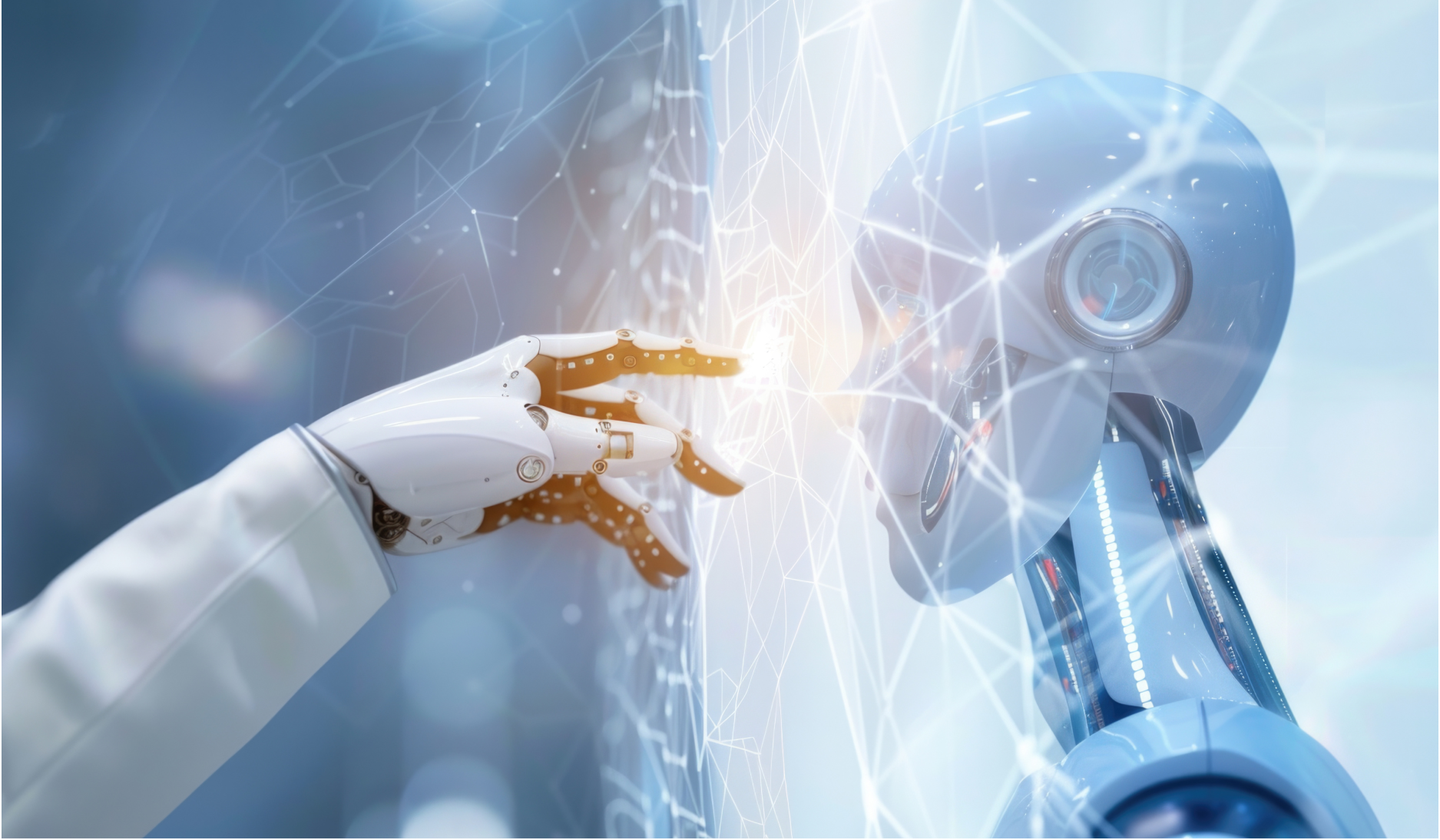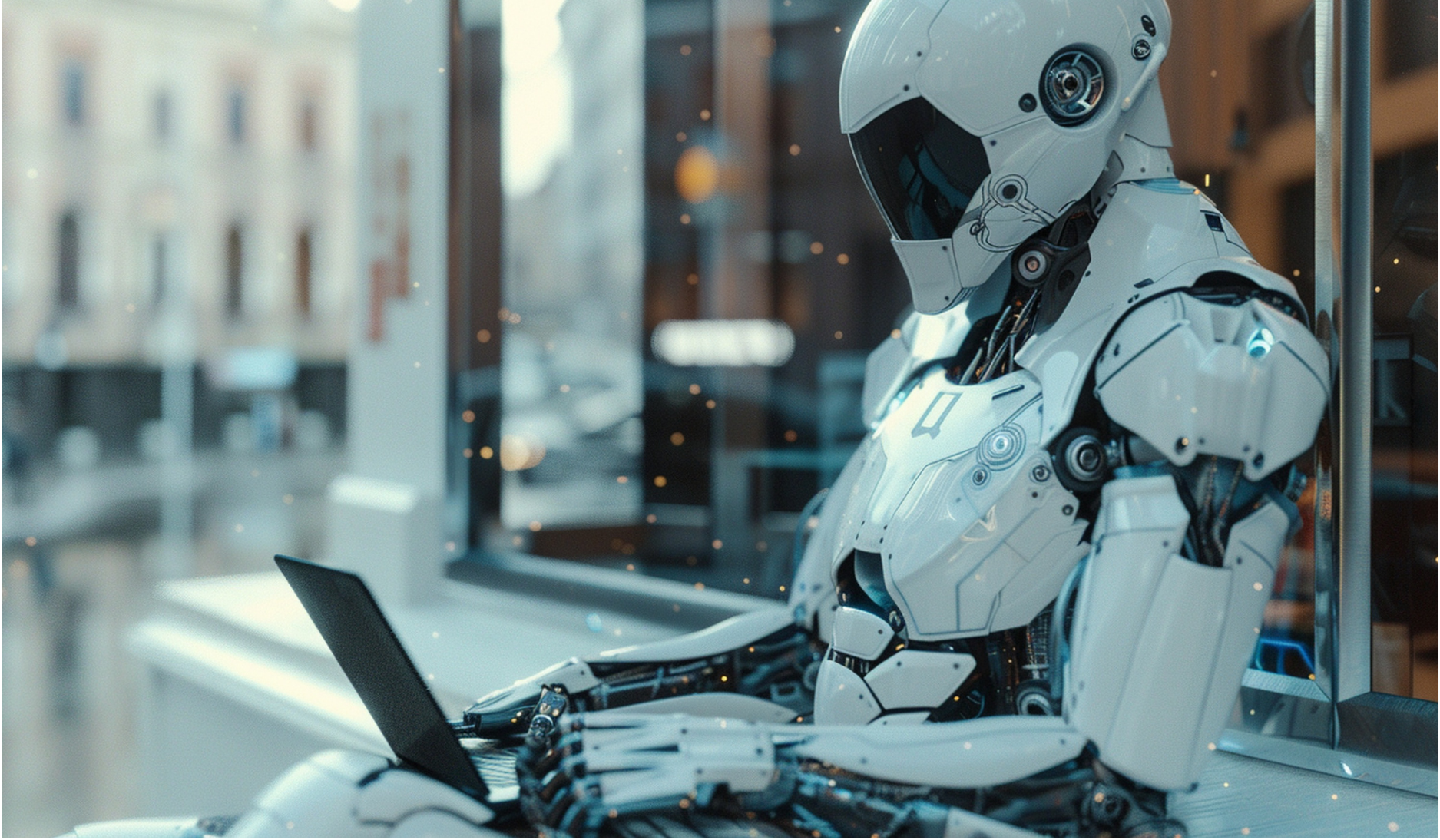
Artificial intelligence: these 7 most threatened professions
The world of work is about to undergo a profound reconfiguration much faster than we could imagine. And for good reason, Artificial Intelligence (AI), in all its manifestations, increasingly sophisticated, is now emerging as a potential substitute; some professions resist it, while others succumb and, in a few years, will be part of history.
After more than a century of organization, modern codifications, legislation and readjustments, work, as it is thought and executed by man, sees its future threatened, in recent years, technology achieving superhuman performance in a range of valuable tasks. However, researchers and analysts agree that AI still presents certain limitations, especially on the human side. She cannot understand personalized problems and offer complex problem solving and emotional intelligence.
The impact of AI on many professions is already starting to be felt. These include writing, social media management and graphic design. Here are the main professions which are the first to be strongly impacted:
1. Graphic design
AI has come a long way in recent years, making significant advances in various industries, including graphic design. AI-powered tools can create real-time designs that are aesthetically pleasing. This technology analyzes user preferences, brand guidelines, and design trends, providing designers with an efficient way to get their work done quickly. AI-powered tools like Adobe Spark and Canva create stunning graphics with minimal effort. Algorithms also analyze designs and recommend changes to create something aligned with industry standards.
2. Writing, editing and proofreading
Artificial intelligence has also made remarkable progress in the field of writing. With its ability to understand different languages, AI is now able to replace human writers, editors and proofreaders in many ways. Different AI writing tools, such as automated content generators and translation software, use algorithms and machine learning to create written content. These tools can produce articles, blog posts, and even books with remarkable speed and accuracy. The technology behind these tools is constantly improving and creating complex, nuanced writing. While some believe that AI can never replace human writing, its content can be very informative and well structured. This makes it a useful tool for organizations requiring a large amount of written content that is otherwise difficult to manage with multiple writers and editors.
3. Accounting
AI has the power to change accounting and bookkeeping. It can perform tasks such as data entry and analyzing numbers quickly and accurately. Banks are a great example of organizations using AI in their accounts. Accounting and bookkeeping require accuracy and minimal margin for error, both of which can be achieved using AI. AI can take on simple tasks that entry-level accountants usually do, leaving experienced professionals to handle complicated tasks. It can process data without errors, making work more accurate and reducing the risk of fraud. The main reasons for introducing AI into accounts and accounting are its ability to process faster, make fewer errors and ensure accuracy. Let’s also not forget that it eliminates paper waste. AI can dig into past information to find trends and patterns, giving businesses useful information to make decisions. As AI improves, it may become even more useful for accounting and bookkeeping, ultimately taking jobs away from humans. Examples of AI software in accounting are QuickBooks, Xero and Zoho Books.
4. Tip
Because of its ability to track, trace and review information, AI is a threat to those in consulting. You can program AI to analyze large amounts of data, identify patterns, and make recommendations based on that information. For example, it can provide insights into customer behavior, market trends, and product performance. This allows organizations to make informed decisions and save time and resources. Although AI will not completely replace human consultants, it can certainly augment their work.
5. Social media management
Social media is the trendy face of progressive businesses, and AI can automate many tasks performed by social media managers. For example, AI algorithms can help schedule posts, create and optimize content, analyze data and metrics, and monitor customer engagement across various platforms. It helps content creators save time and bring consistency without much effort. AI tools track the performance of social media campaigns and make data-driven decisions to improve their impact. They also identify the most effective time to post, the best types of content to share, and the target audience to reach. With these capabilities, AI has the potential to dramatically increase the reach of exceptional social media accounts, making it easier and more effective than ever. There are several AI-powered social media management tools like AgoraPulse, Sprout Social, and Buffer to manage social media accounts effectively. This can save a lot of time and resources that social media managers would otherwise spend on these tasks manually. Additionally, AI can bring consistency and efficiency to social media management.
6. Research Analysis
Research analysis is the process of understanding data to make good decisions. Artificial intelligence also holds the ability to automate tasks that human research analysts once performed. AI uses algorithms and machine learning to understand trends and make better predictions than humans. It processes large amounts of information much faster than humans, making it ideal for research and analysis. However, this does not necessarily mean that AI will replace all research and analysis work. Some tasks still require human interpretation, creativity and critical thinking. As AI advances, it is likely to play an increasingly important role in research analysis, making certain aspects of the job easier and more efficient. Software such as KNIME, TensorFlow, and IBM Watson Studio are renowned for research analytics.
7. Telemarketing
Artificial intelligence can replace telemarketing tasks by automating certain tasks, such as making calls and sending pre-written scripts. AI software can be programmed to have conversations with customers and gather information. Businesses can install cold calling software to reduce the need for human telemarketers. It's important to note that AI is not yet advanced enough to completely replace human telemarketers. AI cannot understand personalized problems and offer complex problem solving and emotional intelligence. Such problems require human interaction. In the future, AI may take on more responsibilities in telemarketing, but for now, it's just a tool that can help telemarketers.
Source: challenge.ma





_11zon.webp)
_1_2_3_4_5.webp)
.webp)

.webp)









